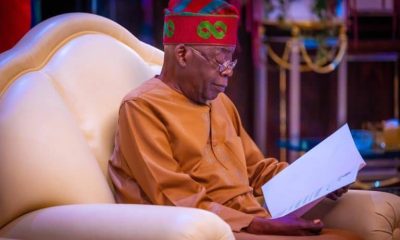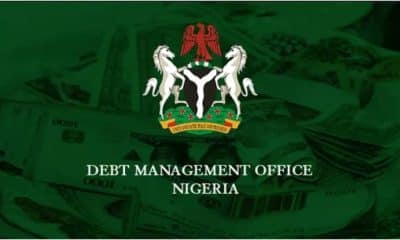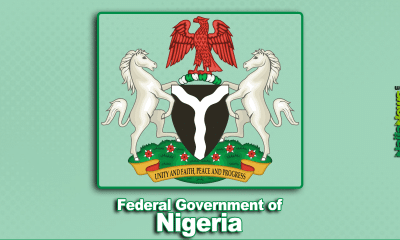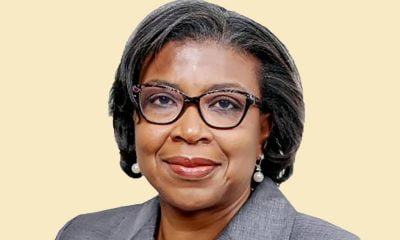Business
Nigeria’s Debt To Stand At ₦45.86tn By December – Report
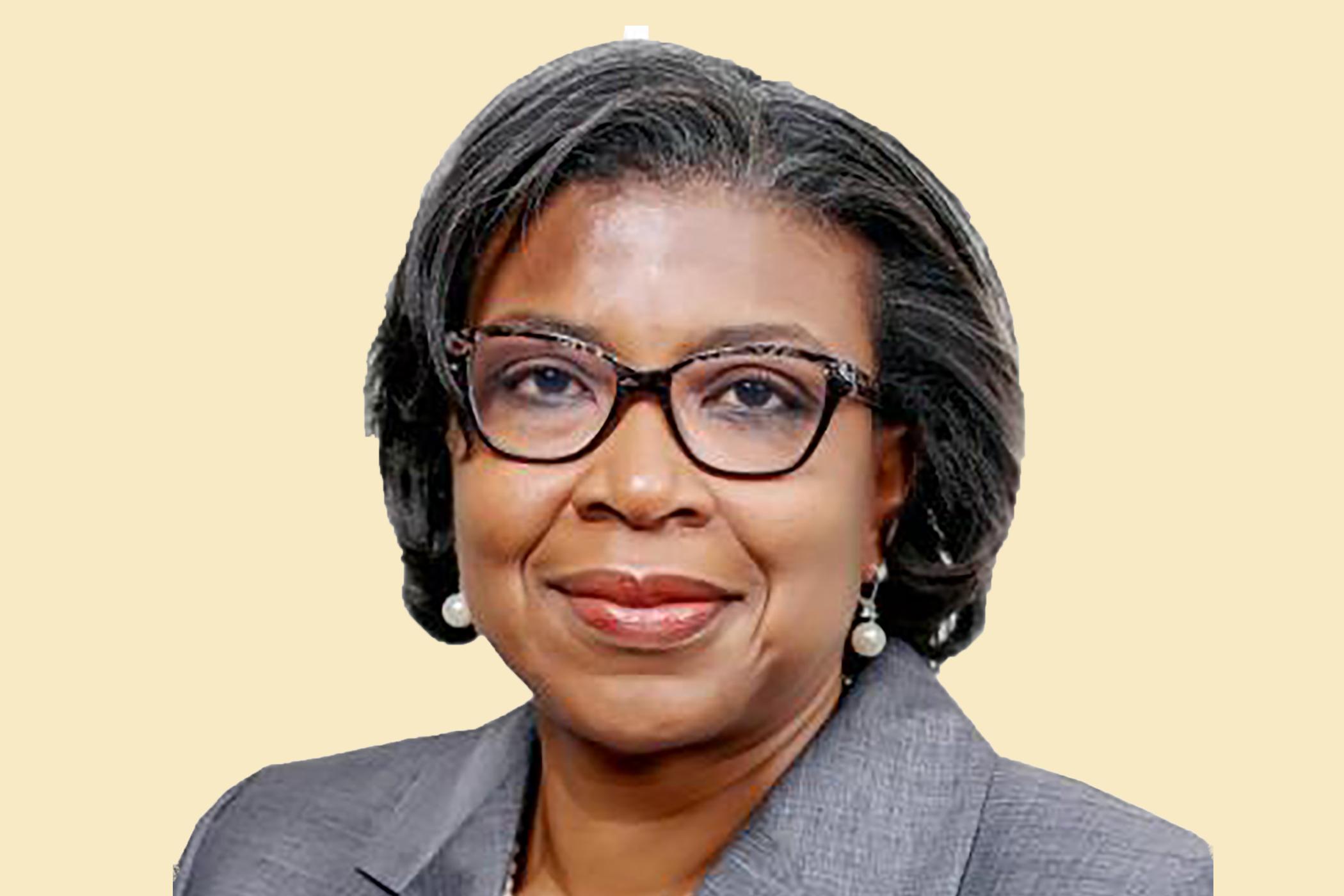
The Debt Management Office has revealed that the Federal Government has incurred ₦950bn new domestic borrowing between January 2022 and March 11, 2022.
The Director-General of DMO, Patience Oniha disclosed the fresh borrowing on March 17 in the presentation of the Public Debt Data as of December 31, 2021.
According to Oniha, the Federal Government is considering all options to raise funds externally.
She said, “All options for raising funds externally are being considered. These include funding from multilateral and bilateral sources, the International Capital Markets and the $3.35bn Special Drawing Rights allocated by the International Monetary Fund to the Central Bank of Nigeria.”
The document further disclosed that the Federal Government has plans to borrow an additional ₦1.6tn, while the 2022 debt target for domestic borrowing is N2.57tn.
According to the document released by DMO, the Federal Government also has plans to borrow ₦2.57tn from foreign creditors, while N1.16tn is expected from multilateral/bilateral drawdowns.
The latest borrowing will see the Federal Government add ₦6.3tn new debts to the current debt stock, which would push the country’s total debt stock to ₦45.86tn by December 2022.
The Federal Government, however, in the National Development Plan 2021-2025, hopes to push the total debt stock to ₦46.63tn for 2022.
A tabular illustration in the document showed that the government targets ₦39.59tn debt stock for 2021, ₦46.63tn for 2022, ₦50.22tn for 2023, ₦50.53tn for 2024, and ₦45.96tn by 2025.
The Federal Government in March this year acquired $1.25bn Eurobond debt from the International Capital Market, making Nigeria the first African country to access the ICM in 2022.
This happened a few days after the Minister of Finance, Budget and National Planning, Mrs Zainab Ahmed, had told Reuters that there was no plan to enter the Eurobond market in 2022.
The DMO said the proceeds of the Eurobond would be used to finance critical capital projects in the budget in order to bridge the deficit in infrastructure and strengthen Nigeria’s economic recovery, while the Finance minister said that proceeds from the $4bn acquired from the Eurobond market the previous year would be used to fund fuel subsidy.
The World Bank has said that Nigeria’s debt, which may be considered sustainable for now, is vulnerable and costly.
According to the Washington-based global financial institution, the country’s debt is also at risk of becoming unsustainable in the event of macro-fiscal shocks.

